Last week I posted about the best books I found this year. Today, I'm listing all of the valuable resources I've found for writers this year. But first, I have a small announcement--I finally have an online alias! I've been wanting one for ages, but couldn't decide on a name I liked. So, it's now September C. Fawkes. I'll be switching the name of my blog over to it too. I'm switching the name on my Tumblr and Facebook. I had to get a new Twitter account, you can follow it here (I'll try to be more active on it than my old one, but no promises.) I've kept my profile picture the same to help with the transition.
Okay, here are this year's resources:
Need help describing your character's physical attributes? Don't worry, the Physical Attribute Thesaurus lists basically every physical attribute:
Okay, here are this year's resources:
References for the Creative Process
Writers Helping Writers Thesaurus Collections
Last year I praised the Emotion Thesaurus by Angela Ackerman and Becca Puglisi, a thesaurus that lists all kind of moods, and ways to show them in writing. It's totally brilliant, and I still use it several times a week.
Well, on their website, Angela and Becca have plenty of other writing thesauri in-progress that you can access for free:
Need help describing your character's physical attributes? Don't worry, the Physical Attribute Thesaurus lists basically every physical attribute:







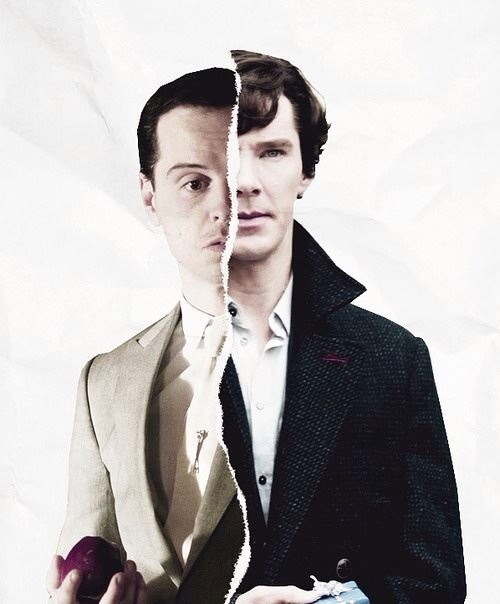






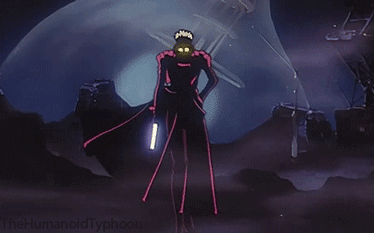

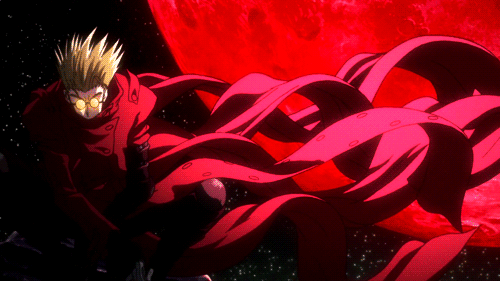

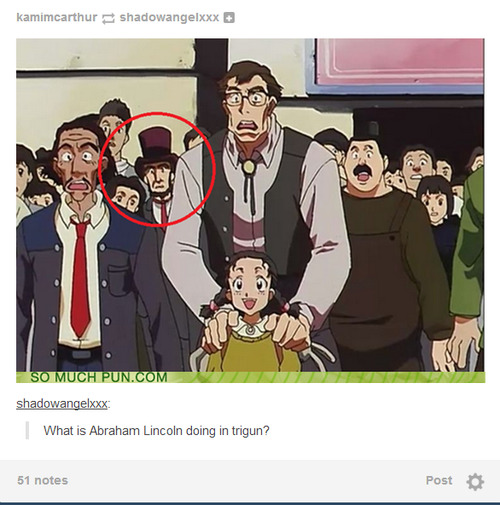



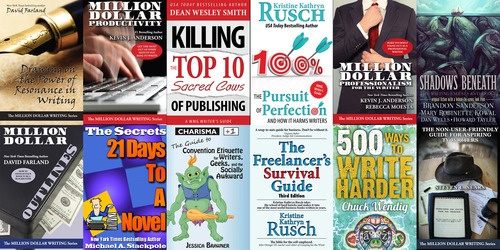







.png)






































